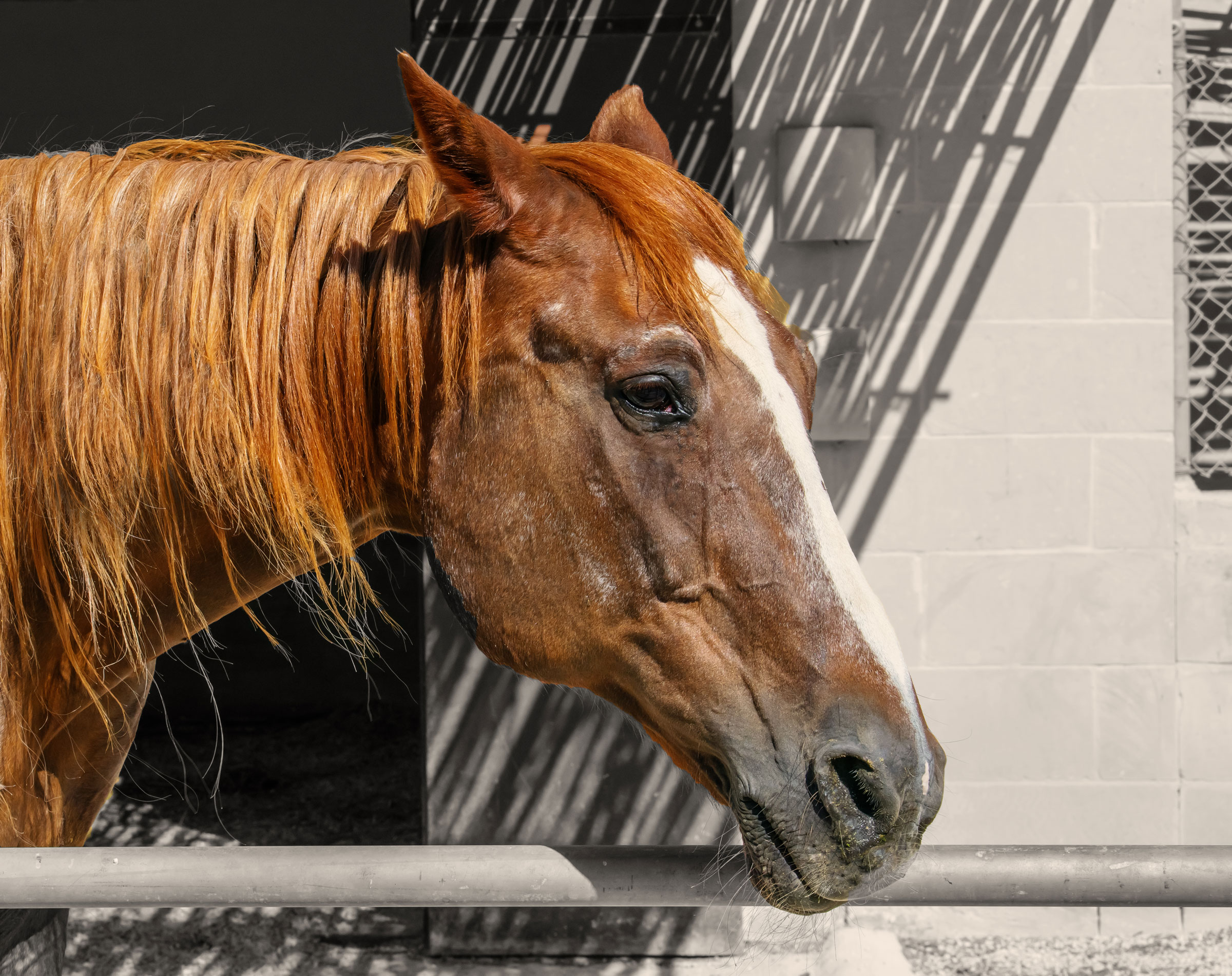
The equine population in the United States is aging. Based on results from the most recent National Animal Health Monitoring System (NAHMS) survey, which was conducted in 2015, 11.4% of horses are older than 20.
As horses age, the need to consider end-of-life options increases, but results from the NAHMS survey indicate that a majority of horse owners are prepared to make that difficult decision. Nearly 60% of horse owners/operators reported having an end-of-life plan for their animals, meaning that they have considered the criteria needed to determine whether or not to euthanize.
Respondents in the West region, which included Oregon, California, Montana, Wyoming, Colorado and Arizona, appear to be the most prepared for end-of-line planning with 66.7% reporting having a defined list of criteria to decide when to euthanize.
The horse’s primary use seems to impact the owner’s level of preparedness in regard to end-of-life-planning. The survey showed that 83.1% of horse owners using horses for lessons had an end-of-life plan compared to 75.5% owning showing/competition horses, 68.2 % used for breeding, 59.8% defined as pleasure horses, and 50.8% used for farm or ranch work.
Regardless of geographic location or career, the overwhelming majority of all respondents (85.8%) indicated consulting with a veterinarian when thinking about euthanizing.
When considering euthanasia, the horse’s pain and suffering was the most important concern among horse owners. Other considerations included:
- Likelihood of survival 60%
- Cost of treatment 40%
- Return to use 27.3%
- Length of recovery 22.5%
- Insurance status of the horse 3.8%
- Other 2.6%
The Equine 2015 study provides comprehensive health and management information. It was a cooperative effort between two U.S. Department of Agriculture Agencies: the National Agricultural Statistics Service (NASS) and the Animal and Plant Health Inspection Service (APHIS). The full findings from the survey and corresponding Info Sheets are available at no charge at https://www.aphis.usda.gov/aphis/ourfocus/animalhealth/monitoring-and-surveillance/nahms/nahms_equine_studies.


